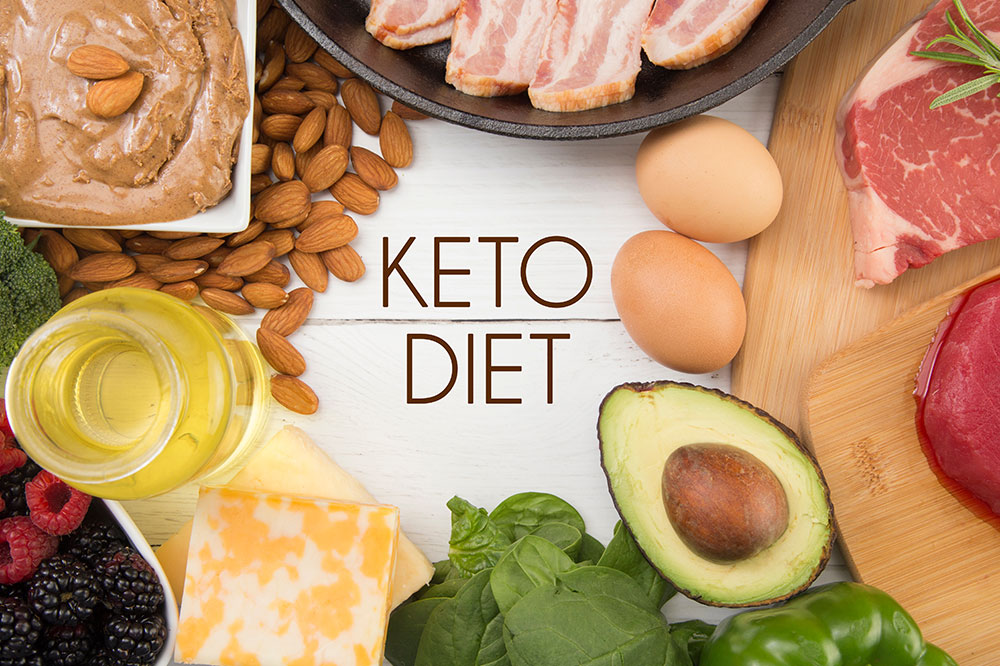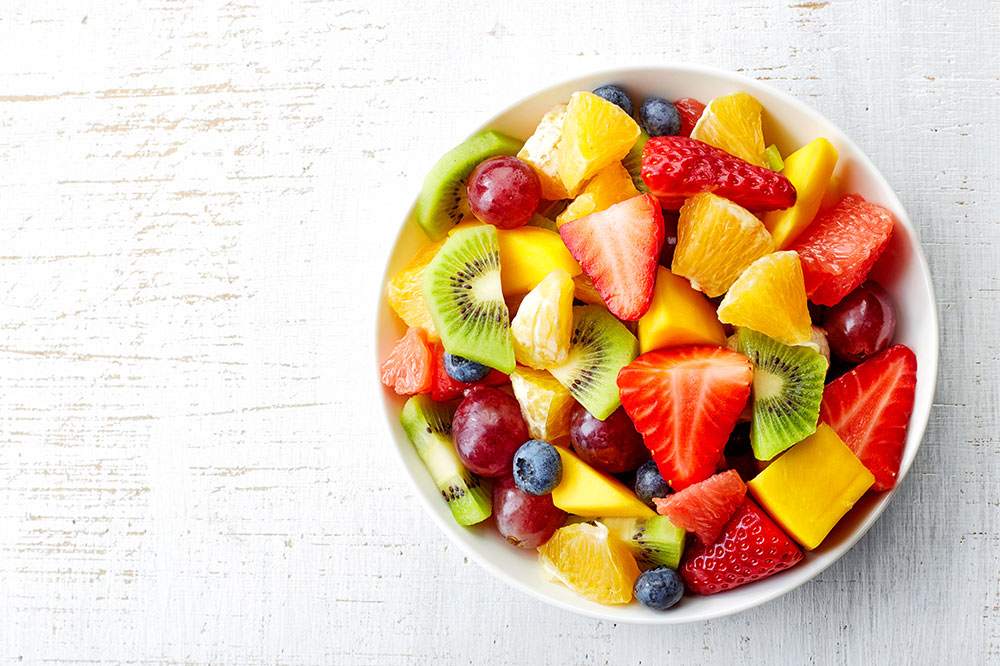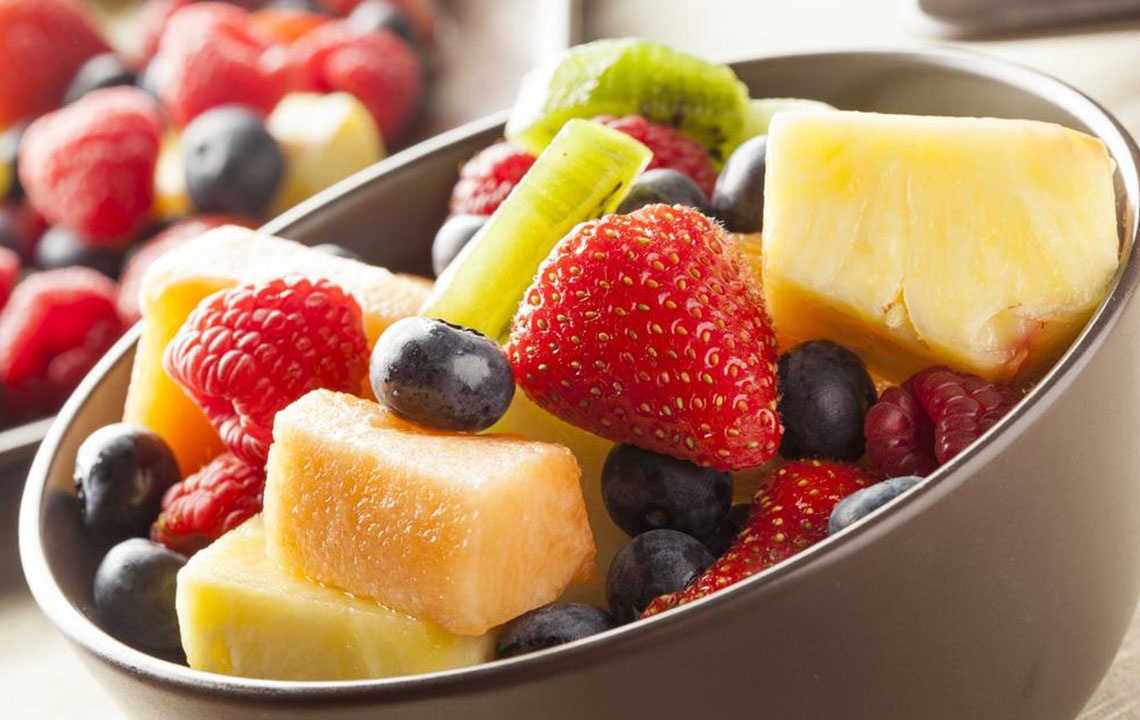Essential Dietary Strategies for Managing Epilepsy
This article highlights vital dietary strategies for epilepsy management, emphasizing balanced nutrition, specific diet plans like Keto and Atkins, and foods to avoid to reduce seizure risk. Proper nutrition can improve energy, focus, and overall health, aiding individuals in effectively managing epilepsy with tailored dietary choices.
Sponsored

Living with epilepsy can be demanding, but adopting the right nutritional approach can significantly improve quality of life. A diet rich in diverse nutrients supports optimal brain and body functions, helping to control seizures effectively. Proper nutrition not only enhances energy and sleep quality but also boosts overall health, making it easier to manage this condition.
How Nutrition Impacts Epilepsy
While specific foods don’t directly cause seizures, a thoughtfully planned diet can minimize risks and promote better health. A well-balanced diet supplies essential nutrients, energy, and stamina, enabling individuals to remain active and positive.
Maintaining proper nutrition contributes to improved focus and better seizure control.
Key Nutritional Tips for Effective Living with Epilepsy
Implementing a ketogenic diet encourages the body to produce ketones by metabolizing fats, which can help reduce seizures in both children and adults. Consistency is crucial to its effectiveness, requiring precise measurement of food portions and preparation.
The MCT (medium-chain triglyceride) diet uses oil supplements rather than traditional fats, allowing for higher carbohydrate and protein consumption, simplifying meal planning.
The Atkins diet, similar to Keto, is low in carbs and high in protein, providing some flexibility in fluid, protein, and calorie intake.
The Low Glycemic Index diet emphasizes steady energy release and is less restrictive, allowing more carbs and moderate fats, focusing on high-fiber foods like whole grains, vegetables, and fruits such as berries, apples, and pears. Foods causing rapid energy spikes, including processed snacks, white bread, and sugary drinks, should be avoided.
Individuals with epilepsy should also consider potential dietary triggers. Preservatives, artificial colors, sweeteners, and MSG can provoke seizures and should be minimized. Although pomegranate and grapefruit juices do not directly trigger seizures, they may interfere with medication side effects, so moderation or avoidance is advised. Caffeine intake from tea, coffee, or sodas can stimulate the nervous system and increase seizure risk in some cases, thus should be consumed cautiously.






